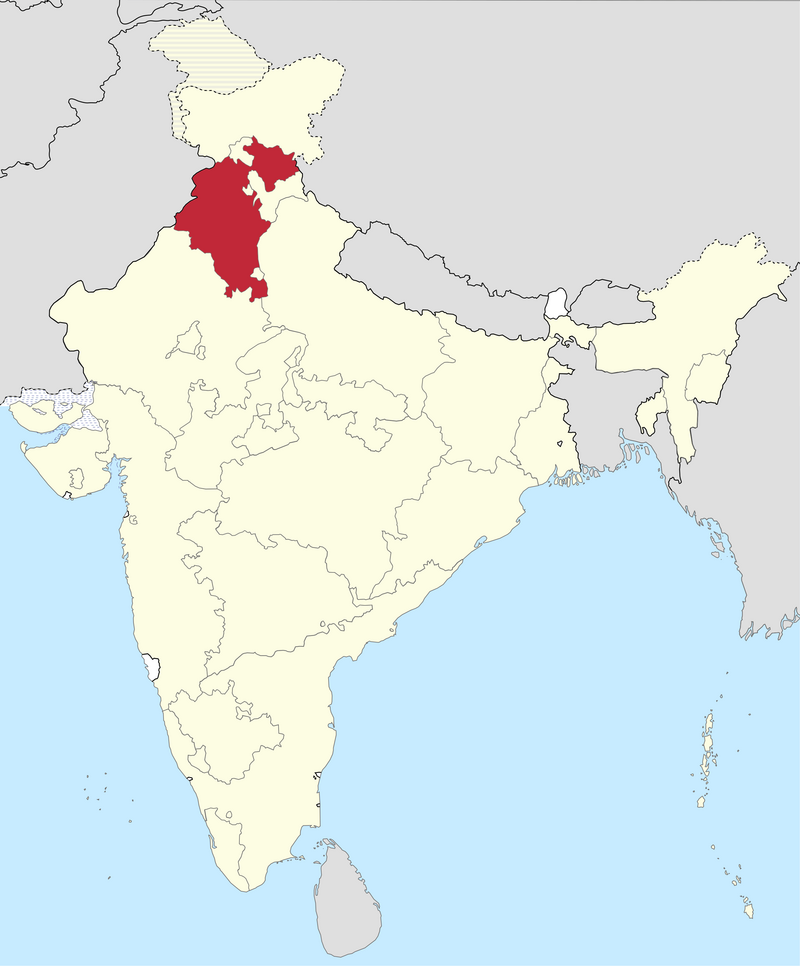Explore the impactful journey of Akali politician Lachhman Singh Gill, who briefly served as Punjab's Chief Minister and championed the Punjabi language.
Learn about Pritam Singh Gojran's rise to lead the Shiromani Akali Dal, his dedication to Sikh reform, and his call for a sovereign Sikh State.
Discover the history and role of SGPC, the statutory body managing sacred Sikh shrines across Punjab, Haryana, Himachal Pradesh, and Chandigarh.
Discover the origins and evolution of Akali Dal Central, a key political entity advocating for Sikh rights and reforming Gurdwara management.
CHANNAN SINGH, SANT (1907-1972), elected president of the Shiromani Gurdwara Parbandhak Committee, successively from 1962 till his death in 1972, was born in 1907 to Tarlok Singh and Prem Kaur, a peasant couple of modest means, belonging to the village of Mullanpur, in Ludhiana district of the Punjab. As a small boy, he attended the Nirmala monastery located in his village where he learnt to read and write Gurmukhi and made his early acquaintance with Sikh scriptural texts.
Discover the legacy of Bawa Harkishan Singh, a key figure in Sikh Gurdwara reforms and education. Explore his life's work and impact on Sikh history.
Discover the legacy of Lachhman Singh Granthi, a revered martyr of Nankana Sahib, and his role in the Gurdwara reform movement. Learn more today.
Explore the Punjabi Suba Movement, a Sikh-led agitation for a Punjabi-speaking state, highlighting its origins, challenges, and political negotiations.
Explore the history of Shiromani Khalsa Diwan, a pivotal Sikh sociopolitical organization known for safeguarding Sikh interests in the Northwest Frontier Province.
Explore the historic role of Akali Dal Khara Sauda Bar in Sikh shrine liberation & reform. Learn about its origins & evolution in the 20th century.




